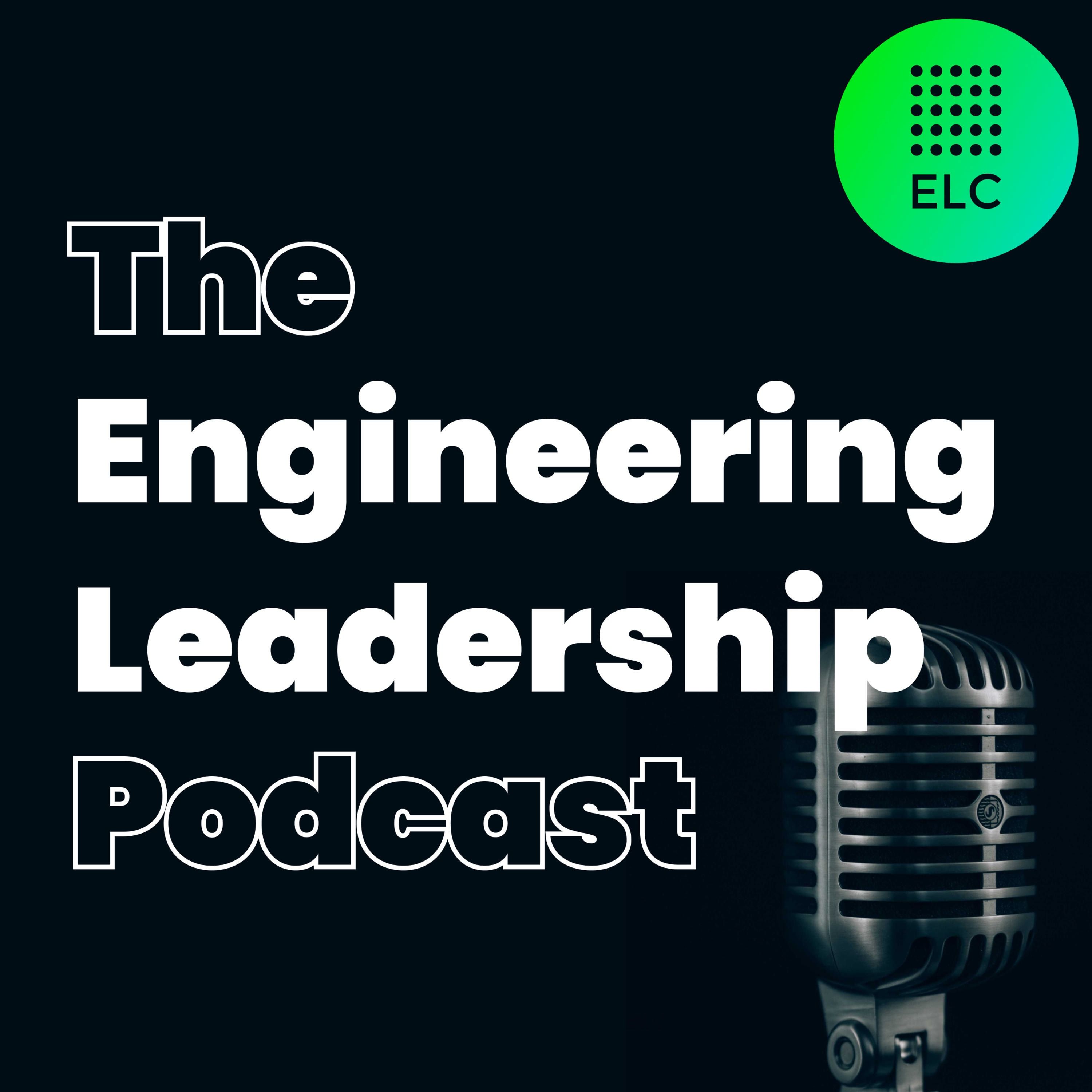
Shownotes Transcript
As eng leaders, there are many things outside of our control – however, Megan Kacholia (VP of Eng @ Google) believes being deliberate can help you realize the many factors you DO have control of. Megan provides real-life lessons from her own leadership journey on how to take ownership of your time/calendar, tips for saying “yes” & knowing when to say “no,” and strategies for communicating with authenticity. Megan also covers why it’s important as an eng leader to feel comfortable with feeling uncomfortable, frameworks for having difficult conversations, communicating with empathy, and how she balances her role in a part-time capacity.
This is a featured session from ELC Annual 2022 - check out all of the sessions here:
ABOUT MEGAN KACHOLIA
Megan Kacholia is a Vice President of Engineering within Google's Core organization. She is a leader in the Cross-Google Engineering (xGE) effort, which is responsible for company-wide technical coordination. Her passion is building effective teams and addressing barriers to help Googlers do their best work.
Previously, Megan was and VP in Google’s Research organization, where her team’s work spanned machine learning in research as well as production, including products such as TensorFlow, and prior to that she had a long tenure in Google’s Ads organization, where she ran the serving system for Google’s DisplayAds business. Megan has a Bachelor's of Science in Computer Science from UIUC.
“They ask you, 'Okay! You know, we need to get this thing really done by Friday!'
Okay, fine. So I send my manager note, 'I'm taking care of that. But however... this, and this will not get done this week. Or I'm gonna delegate them to so-and-so. This is the trade-off I've made. Speak now or forever hold your peace. Here's what I'm doing.'
And we move forward. People seem very surprised by this sometimes, but this has been one of the best ways I have found in engaging with not only my managers but my peers. In terms of making very clear, what's on MY plate.”
- Megan Kacholia
Looking for ways to support the show?
Send a link to the show to your marketing team! https://sfelc.com/podcasts
If your company is looking to gain exposure to thousands of engineering leaders and key decision-makers, we have sponsorship opportunities available.
To explore sponsor opportunities, email us at sponsor@sfelc.com
Interested in joining an ELC Peer Group?
ELCs Peer Groups provide a virtual, curated, and ongoing peer learning opportunity to help you navigate the unknown, uncover solutions and accelerate your learning with a small group of trusted peers.
Apply to join a peer group HERE: sfelc.com/peerGroups
SHOW NOTES:
- Megan’s leadership journey with Google & how she balances her role in a part-time capacity (02:39)
- Questions to determine how to best spend your time (5:07)
- Frameworks for saying “yes” – and why that also means saying “no” (8:40)
- Be wary of situations where one person is the “lynchpin” (13:04)
- Advice on providing honest, authentic feedback (14:27)
- Strategies for having difficult conversations & knowing when to take a step back (16:25)
- Embrace different perspectives (19:45)
- Why it’s important as an eng leader to get used to discomfort (21:44)
- Final thoughts on how to make deliberate decisions (24:23)
- Audience Q&As: judging the quality of a decision separately from its outcome (26:07)
- Examples of how saying “yes” helped fuel Megan’s career growth (27:44)
- Techniques for communicating with empathy (30:30)
- How to decide between the safe vs. difficult choice (31:44)
- Megan’s advice on giving peer-to-peer feedback (33:10)
- Tips for communicating appropriately & speaking out in the moment (35:50)
- How Megan navigated a traditionally non-linear career move (38:33)
- What to do if “no” in an unacceptable answer (41:36)